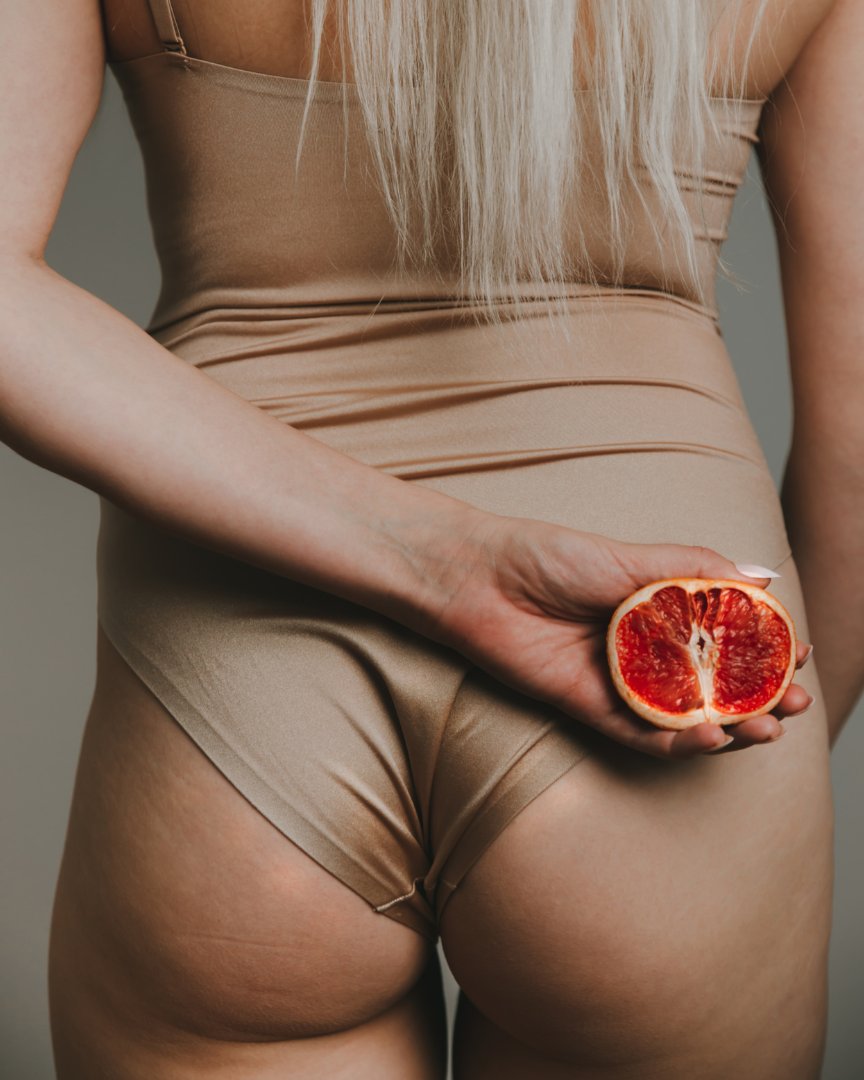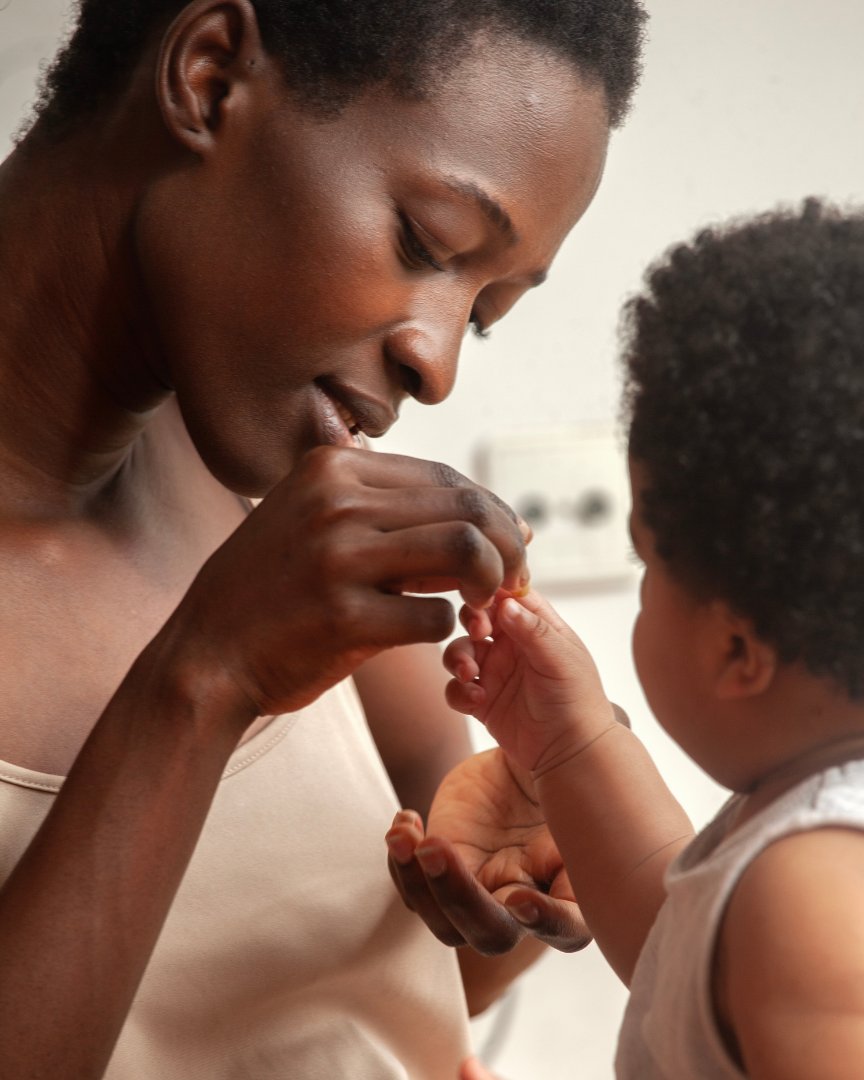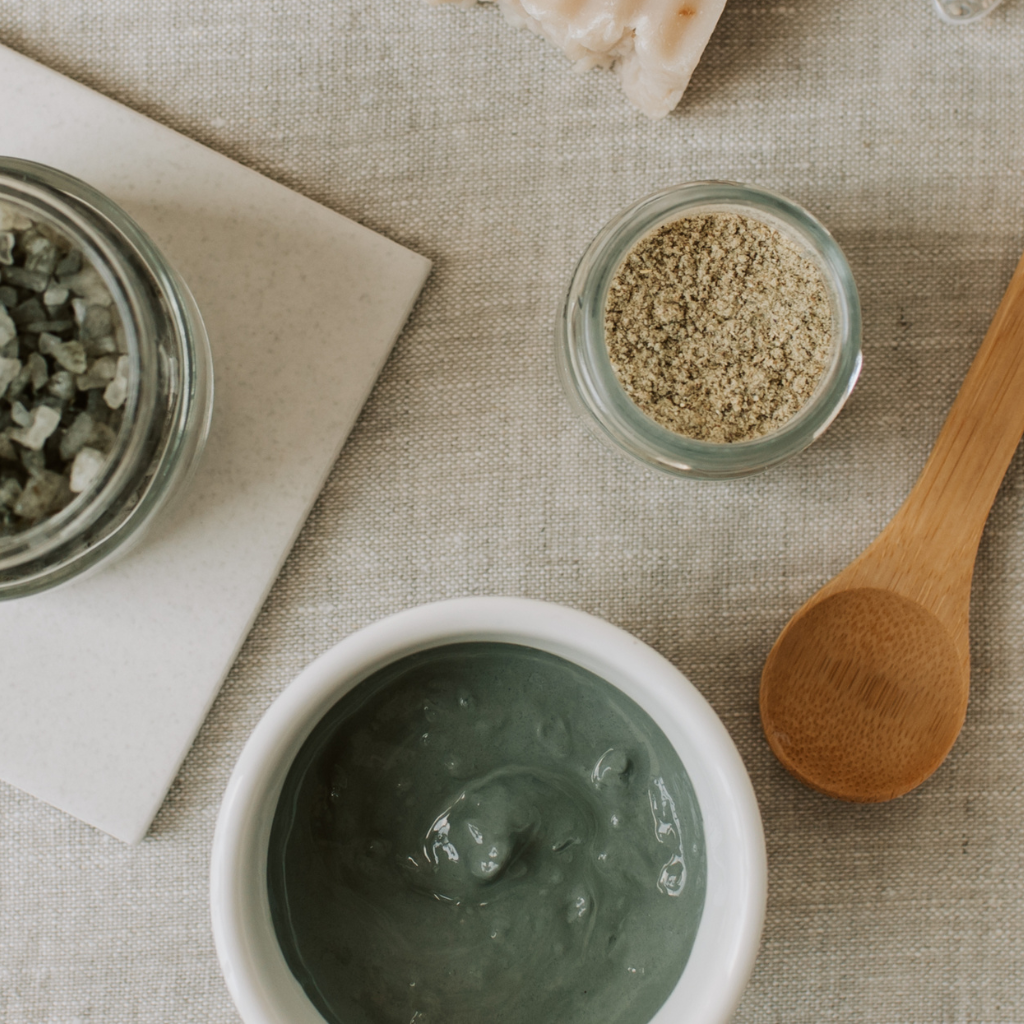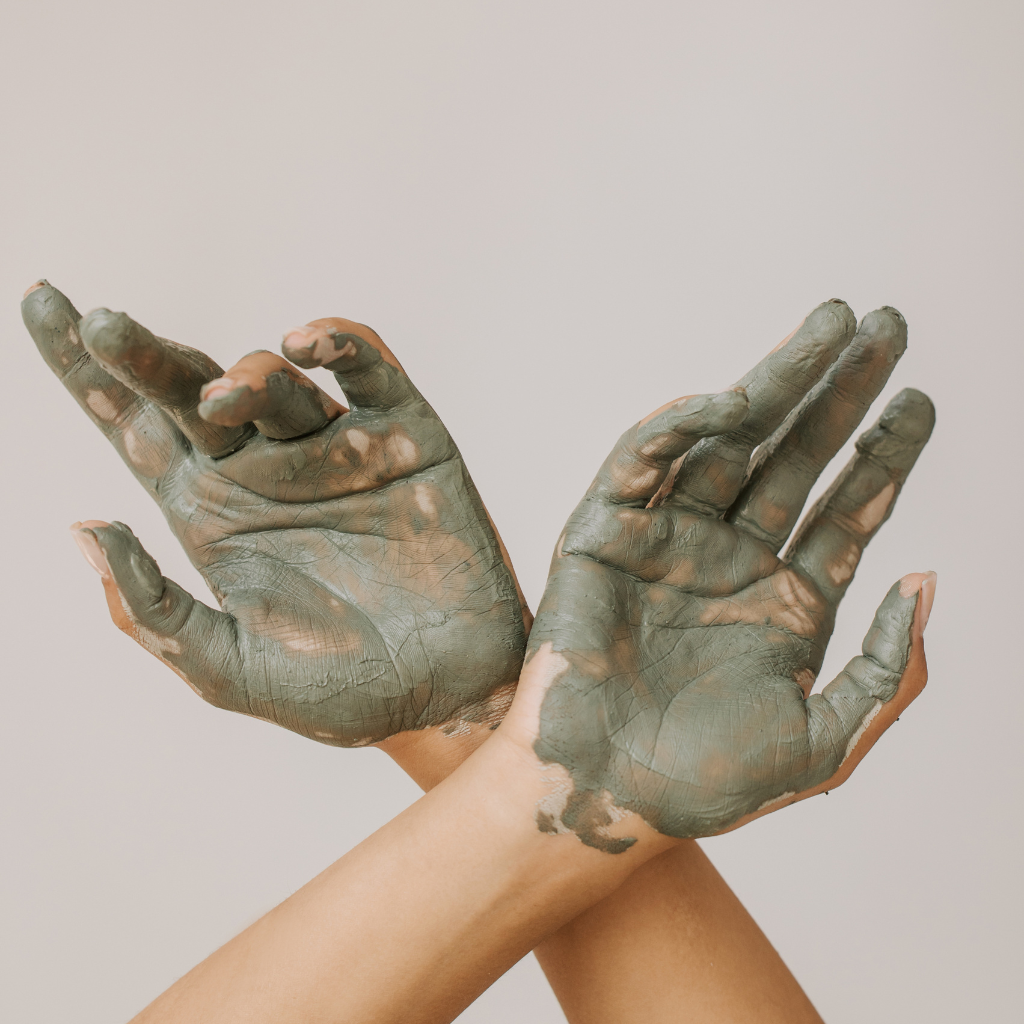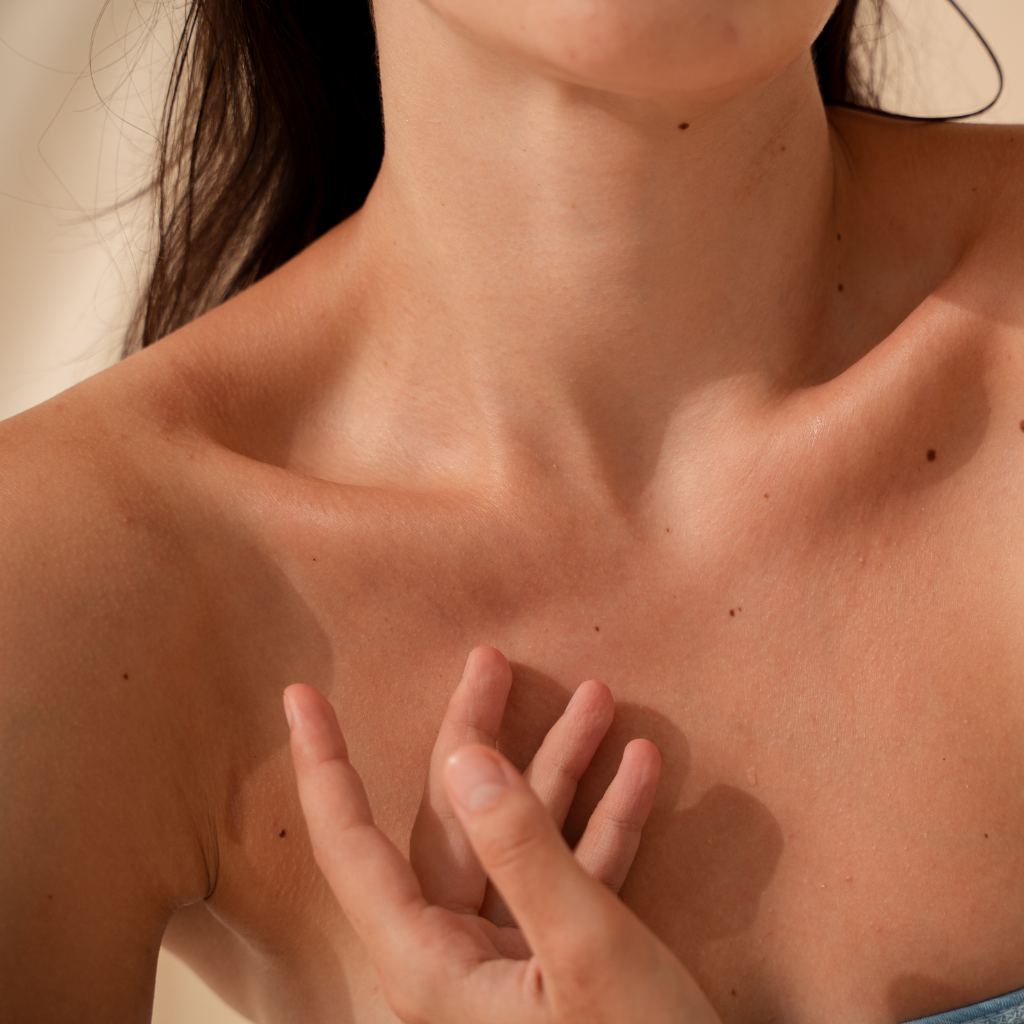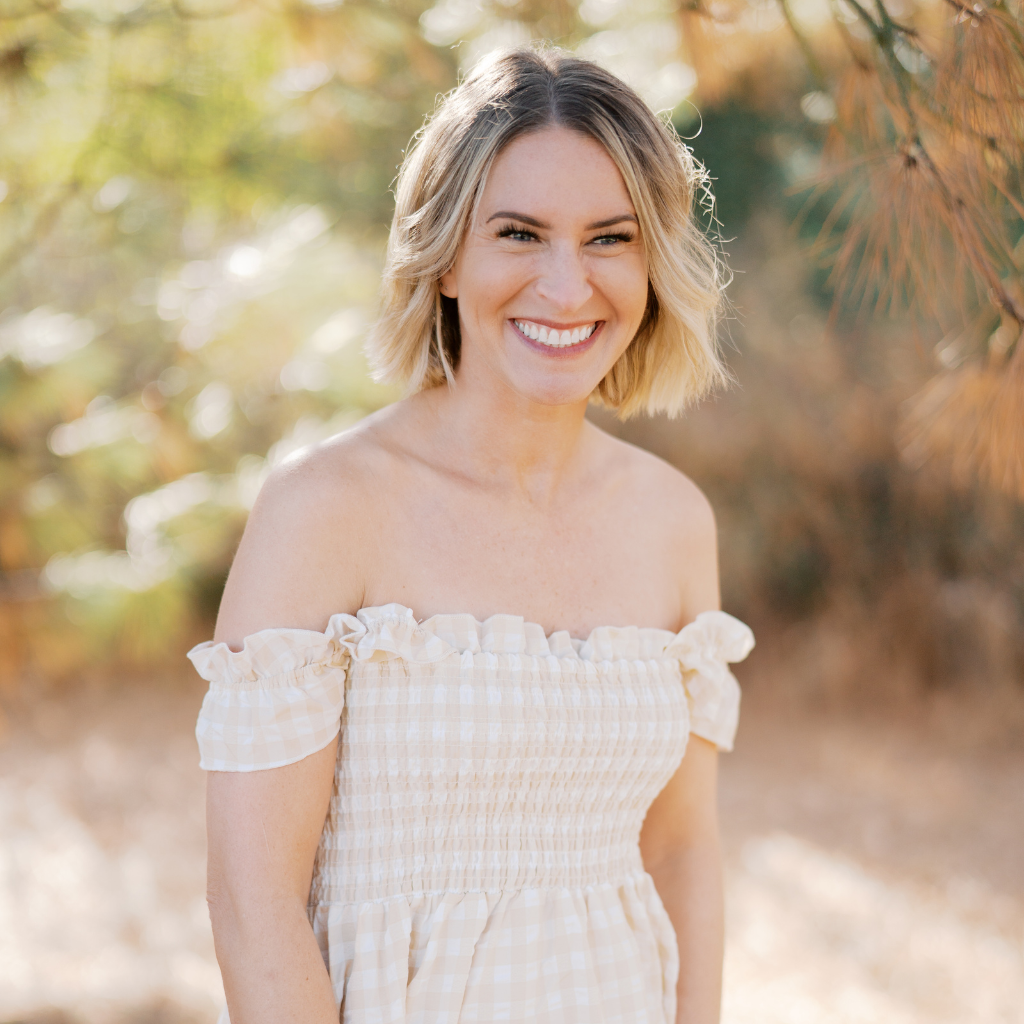
You may recall from your 5th grade science class (or countless Discovery and Animal Planet specials) that the Earth is made up of 70% percent water.
When you consider only 5% of these waters have been explored, the ocean is unsurprisingly fascinating. Its power and majesty are mentioned in countless songs and poems around the globe. The life below its surface is as beautifully stunning as it is mysterious.
The scientific community has as many questions about the ocean as it has answers.
But they know one thing for sure: the ocean is dying.
Recent studies have shown that by 2050, there will be more plastic in the ocean than fish. Worst yet, this single use plastic is usually proven deadly to fish when ingested, so we are in even more danger of killing a staggering portion of water life.
Fortunately, while the future seems dire there are things we can start doing to improve the damage made, and—eventually—restore the waters to its original beauty.
1. ORGANIZE A BEACH CLEAN-UP

If you’ve got a free weekend, why not head to the shores where you can have both a beach day and clean up with some friends?
While it may not seem like a couple of hours within a few miles can do much of a difference, it’s certainly a start. Besides, you’re not alone in trying to make a dent this way: every year, the Ocean Conservatory sets up a day where local communities can clean up their beaches, rivers and lakes. In the past, more than 12 million volunteers have gathered together around the world, cleaning up more than 220 million pounds of waste from their beaches.
Incredible what a crowd can do, right?
Even if you can’t join in on this day, consider setting up a casual clean up yourself… After all, if there can be one less plastic bottle in the ocean by you picking it up and recycling it… Why wouldn’t you?
2. STOP USING PLASTIC STRAWS

Seriously.
While it should be the goal to eliminate all plastic waste from our everyday use, plastic straws are the first step for a reason.
It’s estimated that there are as many as 8.3 billion straws littering global coasts— unsurprising, since it’s been calculated (by a nine year old, no less) that Americans are using about 500 million single-use straws a day alone.
Luckily, many have taken notice of this “straw crisis,” and seek to change through a large scale. Starbucks has recently vowed to be completely straw-free by 2020, and states like Hawaii and California have pending plastic straw ban legislation.
As for what you can do personally, reusable straws have become immensely popular in the past year. From stainless steel to silicon, bamboo, or glass, you can find a range of options.
Or consider grabbing a collapsable straw from Save The Turtles, which includes a container so you can take them on the go! Save The Turtles donates 5% of all proceeds to the Sea Turtle Conservatory.
3. USE REEF SAFE SUNSCREEN

Now more than ever, skin care routines are including sunscreen to protect our skin from the sun’s harmful rays.
In our opinion, this is great: not enough people know just how harmful the sun can be on their skin, and it’s so important to wear a form of protection not just during the summer, but year round!
However… It seems that the ingredients in most sunscreen products aren’t the ocean’s idea of self care.
In 2016, a study showed that a common sunscreen ingredient, oxybenzone, had a profound effect on coral bleaching and its DNA damage. When locating where the ingredient came from, it showed that the largest amount came from waste water and swimmers wearing sunscreen products. Moreover, another ingredient called benzophenone-2 can kill young coral even in small doses.
Although this is a distressing statistic, we thankfully don’t have to sacrifice our health for the ocean. Many companies have become aware of findings and jumped into action delivering reef-safe products.
There are a multitude of great reef safe sunscreens. Go the extra mile and look for one that's also cruelty-free, uses all-natural ingredients, and even plastic-free packaging. Shoutout to Hawaii - the only state that has banned the use of sunscreens containing oxybenzone!
4. CUT UNETHICAL FISH FROM YOUR DIET

Or better yet: cut fish from your diet entirely.
It’s no secret that a higher demand for food has had a detrimental effect on our planet—the ocean included.
According to Forbes, about two-thirds of our seafood is overfished, which has lead to an overwhelming decline in population. Horrifically, the crisis may result in there being no more seafood left by 2048.
Remember that statistic above—how by 2050, there will be as much plastic in the ocean as fish? Forget that. If you factor in the predator fish that also consume the “prey fish” humans eat… There may not be any more fish in the ocean, period.
In order to do your part, we strongly recommend cutting your intake of seafood.
If you’re still craving something from the sea that will make a positive impact, consider upping your intake of seaweed!
Seaweed is incredibly sustainable: it requires no fresh water, land, or fertilizer, and even aids in offsetting carbon dioxide emissions that have seeped in the sea. Plus, it provides an alternate economy to fishermen who derive their income from overfishing.
And the health benefits? They’re pretty great too.
5. SPEAK UP FOR THE CHANGE YOU WANT TO SEE

We can’t stress enough how powerful a community can be when it gathers under a common cause… That’s why we need to band together and collectively demand the change we want to see immediately.
Write a letter to your local legislation demanding more laws that encourage eco-friendly practices.
Speak up at a town hall meeting about doing local shore clean-ups regularly.
Send emails to your favorite companies asking to cut down on their plastic packaging.
Our point is... You have the power to make this change!
When you speak up, you as the consumer call the shots; you as the citizen have a human right to be heard… And it’s shown.
Big companies like United Airlines and Nestle have vowed to ban serving plastic straws with their drinks; Clifbar has officially switched to packaging in recycled paper. And that’s just the beginning.
We can make a difference for the Deep Blue. The question is: when will you start?


